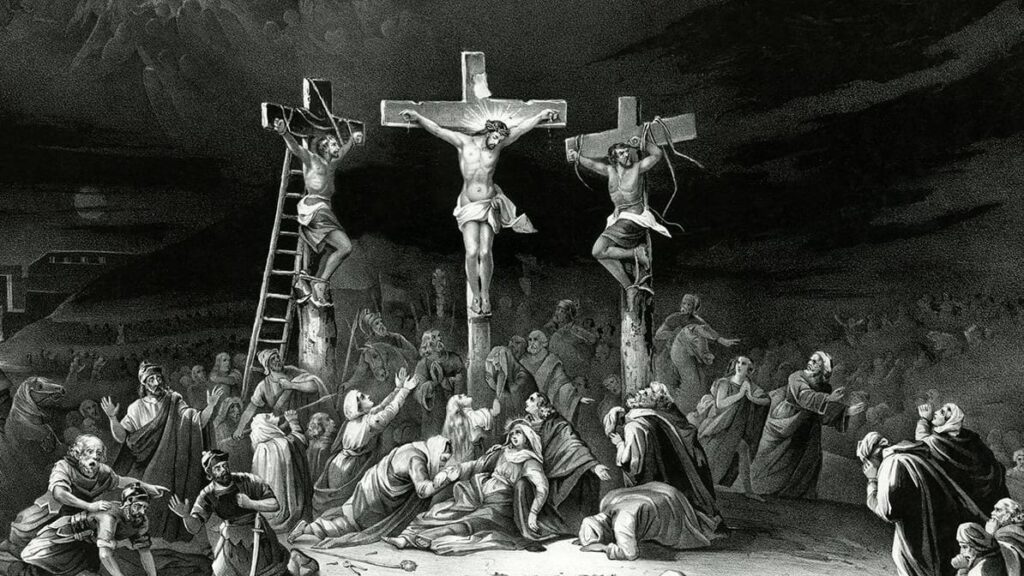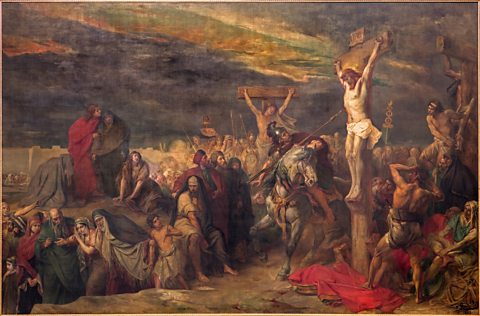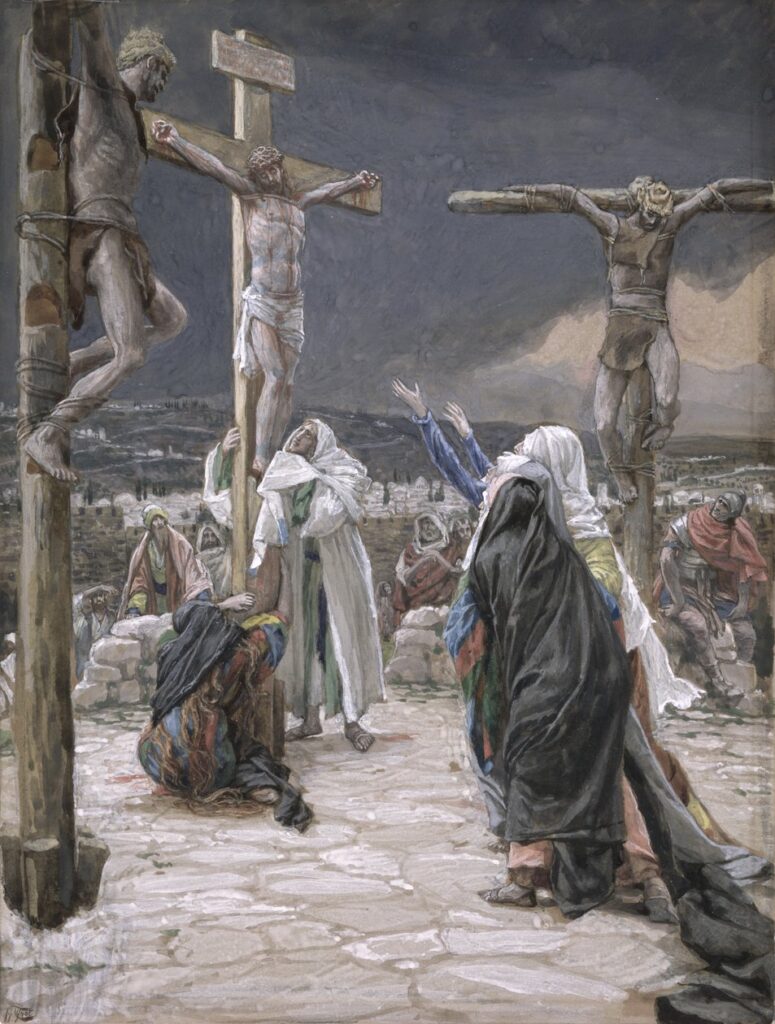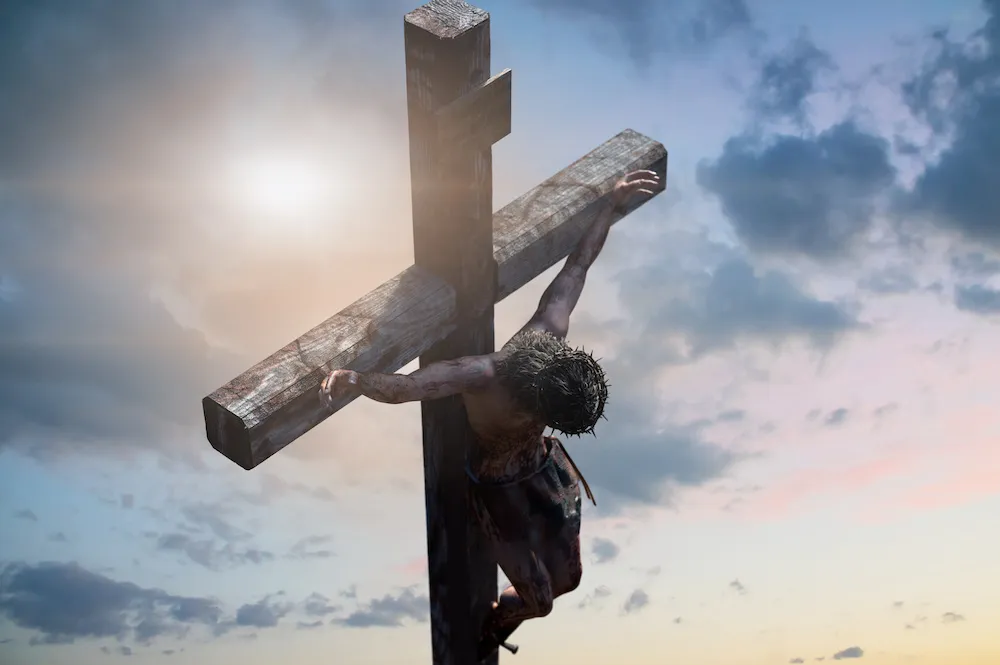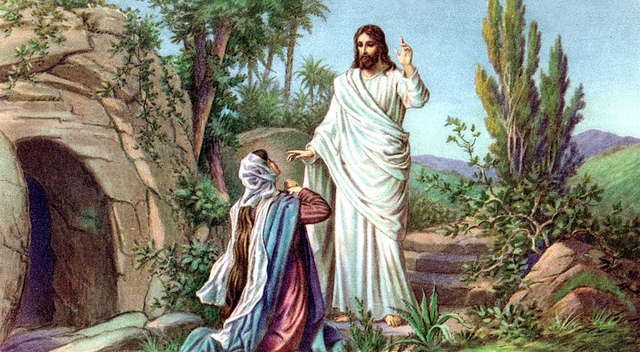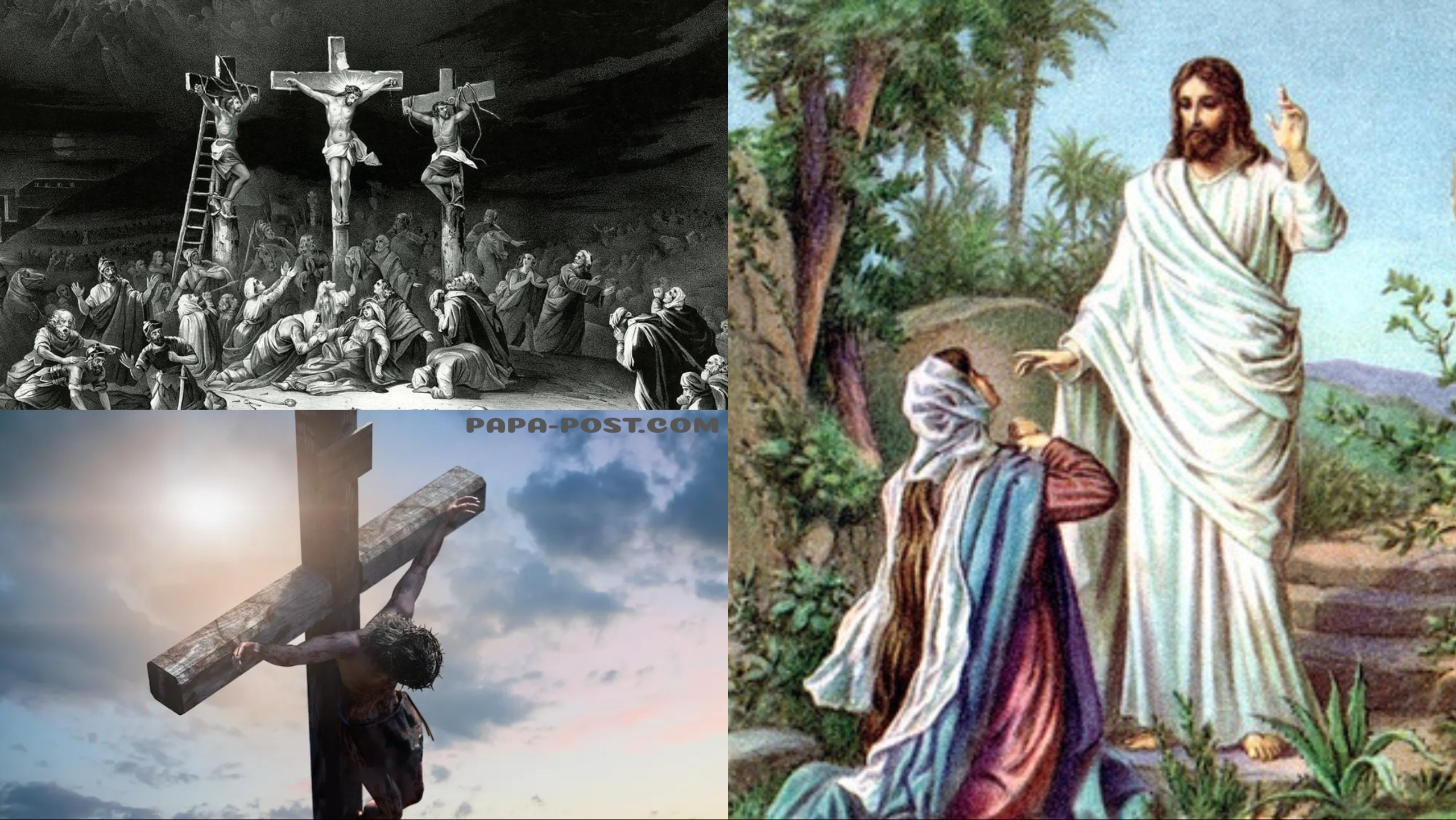Introduction
The death of Jesus Christ is one of the most significant and profound events in human history. For over two millennia, it has been central to the Christian faith, influencing theology, art, culture, and the lives of billions of people. Christians around the world see Jesus’ death not merely as a historical tragedy but as a divine act of love, sacrifice, and redemption. But why did Jesus Christ die? What were the reasons behind his crucifixion, both historically and spiritually? This article explores the reasons from multiple perspectives—historical, religious, and theological—to provide a complete understanding of this pivotal question.
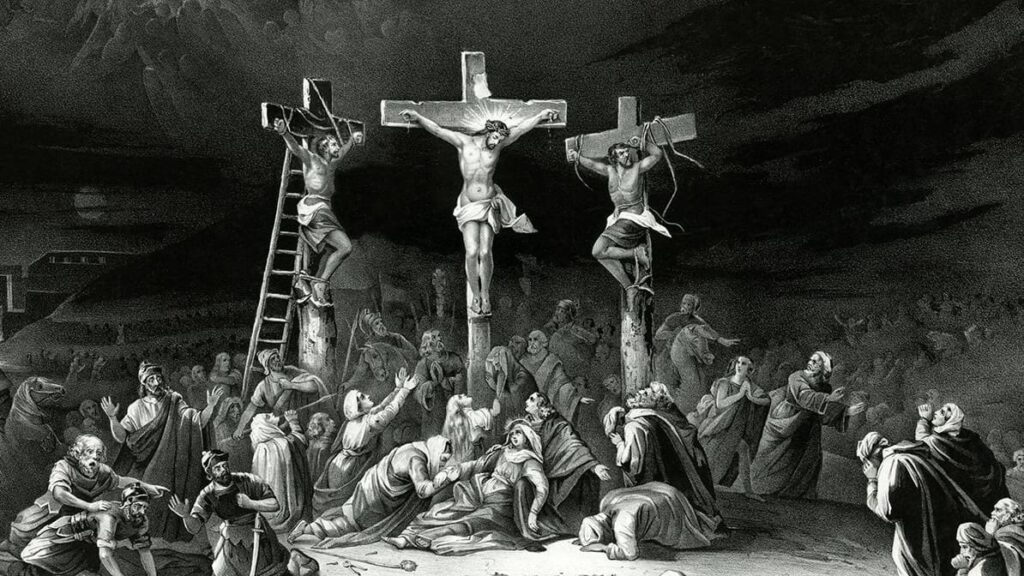
I. Historical Context of Jesus’ Death
1. Political Tensions in Roman-Occupied Judea
During the first century, Judea was under Roman occupation. The region was tense with religious, political, and social unrest. The Jewish people, under Roman rule, longed for freedom and often looked to prophetic figures who promised deliverance. Jesus of Nazareth emerged in this context as a preacher, healer, and teacher, attracting large crowds and followers with his radical teachings.
His growing popularity and his criticism of religious authorities created concern among Jewish leaders. To them, Jesus threatened both religious traditions and political stability. His entry into Jerusalem during Passover—a time of heightened nationalistic sentiment—along with his open defiance of temple practices (such as overturning the money changers’ tables), alarmed the ruling elite.
2. Conflict with Jewish Authorities
The Jewish Sanhedrin, composed of priests and Pharisees, saw Jesus as a blasphemer. He claimed authority over the Law, called himself the “Son of Man,” forgave sins (something only God could do), and even claimed unity with the Father. These statements were seen as direct threats to Jewish monotheism and priestly authority.
They accused him of blasphemy—a crime punishable by death under Jewish law. However, since the Romans controlled capital punishment, the Sanhedrin needed to bring Jesus before the Roman governor, Pontius Pilate.
3. Trial and Roman Execution
To secure Roman involvement, Jewish leaders reframed their accusation: Jesus was not merely a blasphemer but a political threat. They charged him with claiming to be “King of the Jews,” a direct challenge to Roman authority and Caesar. This led Pilate, despite his personal reluctance, to authorize Jesus’ execution by crucifixion, a Roman punishment reserved for traitors and rebels.
II. Theological Reasons for Jesus’ Death
1. Fulfillment of Prophecy
Christians believe that Jesus’ death fulfilled Old Testament prophecies. Scriptures like Isaiah 53 depict a “suffering servant” who is “pierced for our transgressions” and “crushed for our iniquities.” Christians see these passages as prophetic revelations of the Messiah’s mission—to suffer and die for humanity’s sins.
Psalm 22, often quoted in the New Testament, vividly describes crucifixion centuries before it was practiced. The Gospel writers point to these and other prophetic texts as evidence that Jesus’ death was not accidental but divinely ordained.
2. Atonement for Sin
Central to Christian theology is the idea that Jesus died to atone for the sins of humanity. According to Romans 3:23, “All have sinned and fall short of the glory of God.” Sin separates humanity from God, and in the Old Testament, animal sacrifices were required for atonement.
Jesus, referred to as “the Lamb of God,” became the ultimate sacrifice. His sinless life allowed him to bear the punishment deserved by others. As stated in 2 Corinthians 5:21, “God made him who had no sin to be sin for us, so that in him we might become the righteousness of God.”
This concept is called substitutionary atonement—Jesus died in place of sinners, satisfying divine justice and opening the way for reconciliation between God and humanity.
3. Demonstration of God’s Love
John 3:16 is perhaps the most famous verse in the Bible: “For God so loved the world that he gave his only Son, that whoever believes in him shall not perish but have eternal life.” Jesus’ death is seen not only as a legal transaction but as the greatest demonstration of divine love.
Paul writes in Romans 5:8, “But God demonstrates his own love for us in this: While we were still sinners, Christ died for us.” The crucifixion is the ultimate expression of God reaching down to rescue and restore his creation.
4. Victory Over Evil and Death
Another major theme in Christian theology is that Jesus’ death was not a defeat but a victory. Through his death and resurrection, Jesus triumphed over sin, death, and Satan. Colossians 2:15 says, “And having disarmed the powers and authorities, he made a public spectacle of them, triumphing over them by the cross.”
This concept, called Christus Victor, views the crucifixion as a cosmic battle in which Jesus breaks the powers that enslave humanity. His resurrection is the final proof that death has been defeated.
III. Spiritual Significance for Believers
1. Reconciliation with God
The death of Jesus enables reconciliation between a holy God and sinful humans. In Ephesians 2:13-16, Paul writes that through the blood of Christ, those who were once far off have been brought near. This reconciliation brings peace, healing, and restoration of relationship.
2. New Covenant
At the Last Supper, Jesus spoke of a “new covenant in my blood” (Luke 22:20). In Jewish tradition, covenants were sealed with blood—symbolizing commitment and life. Jesus’ death established a new covenant of grace, replacing the old system of law and sacrifice. Now, salvation is offered freely through faith in Jesus.
3. Transformation of Life
For Christians, Jesus’ death is not only about forgiveness but transformation. Believers are invited to die to their old selves and live a new life in Christ. Romans 6:6 says, “Our old self was crucified with him so that the body ruled by sin might be done away with.” The crucified life means living in humility, love, and obedience.
IV. Misconceptions and Clarifications
1. Was Jesus’ Death a Failure?
From a human perspective, Jesus’ death might seem like a failed mission. But Christianity teaches that the crucifixion was not the end—it was the path to victory. The resurrection, three days later, affirms that Jesus’ death was not a mistake but a divine strategy.
2. Did the Jews Kill Jesus?
This question has led to centuries of tragic antisemitism. It’s essential to understand that Jesus himself was Jewish, and his early followers were Jewish. While some Jewish leaders played a role in the trial, the Roman authorities carried out the execution. Theologically, Christian doctrine teaches that Jesus died for the sins of all humanity—not because of any one group.
3. Did Jesus Have to Die?
Couldn’t God just forgive sins without requiring Jesus’ death? From the Christian perspective, God is both loving and just. Sin has consequences, and justice demands that wrongs be addressed. Jesus’ death satisfied justice and expressed love simultaneously—a mystery Christians call grace.
V. The Death of Jesus in Christian Practice
1. Communion (The Lord’s Supper)
Christians remember Jesus’ death through the sacrament of communion, instituted by Jesus at the Last Supper. The bread represents his body, and the wine (or juice) his blood, symbolizing the new covenant and the believer’s union with Christ.
2. Good Friday and Easter
Every year, Christians observe Good Friday, the day Jesus was crucified, and Easter Sunday, celebrating his resurrection. Good Friday is marked by solemn remembrance, while Easter is a joyful proclamation of life conquering death.
3. The Cross as a Symbol
The cross, once a symbol of shame and death, has become the most recognized symbol of Christianity. It represents hope, forgiveness, love, and salvation. For believers, wearing or displaying the cross is a sign of identification with Jesus and his mission.
VI. Jesus’ Death and the Modern World
1. A Message of Hope
In a world filled with suffering, injustice, and despair, the death of Jesus provides hope. It proclaims that God has not abandoned humanity but entered into its pain and brokenness. Through the cross, there is the promise of healing, forgiveness, and new beginnings.
2. Call to Sacrifice and Service
Jesus said, “Whoever wants to be my disciple must deny themselves and take up their cross daily and follow me” (Luke 9:23). His death challenges believers to live lives of humility, compassion, and service—to love as he loved.
3. Bridge Between Divisions
The cross brings unity across race, class, and nationality. Ephesians 2:14 says, “He himself is our peace… destroying the barrier, the dividing wall of hostility.” The death of Jesus offers a path toward reconciliation—not just with God but with one another.
Conclusion
So, why did Jesus Christ die?
He died because of historical, religious, and political tensions of his time. He died because his teachings and identity challenged both religious and political systems. But more profoundly, from a Christian viewpoint, Jesus died for a divine purpose—to save humanity from sin, to demonstrate God’s love, and to open the way to eternal life.
His death is not merely a historical fact; it is the foundation of Christian faith. For believers, the crucifixion of Jesus is both a tragic event and a triumph of love. It invites every person to examine their relationship with God and consider the transformative power of the cross.
In the end, Jesus didn’t die as a victim—he died willingly, purposefully, and redemptively. As he said in John 10:18: “No one takes it from me, but I lay it down of my own accord.”
